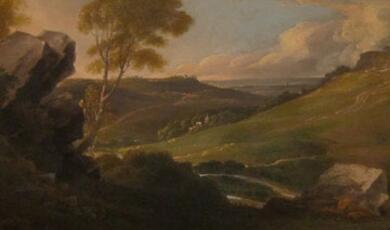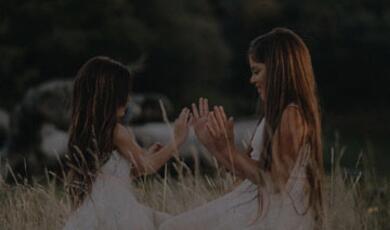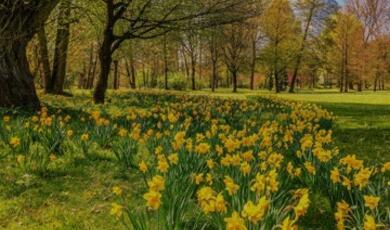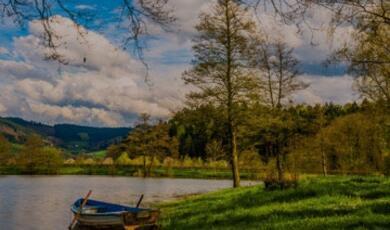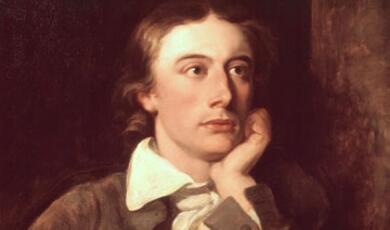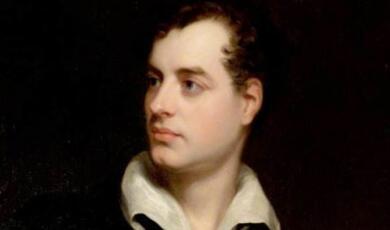According to Isaiah Berlin, ‘The importance of romanticism is that it is the largest recent movement to transform the lives and thought of the Western world … the greatest single shift in the consciousness of the West that has occurred … all the other shifts which have occurred in the course of the nineteenth and twentieth centuries appear in comparison less important, and at any rate deeply influenced by it’.
The idea of revolution and the idea of nationalism. The preposterous suggestion that women, slaves and even animals might have rights. Reverence for nature. Vegetarianism and environmental consciousness. The radical theory of anarchism and the conservative theory of the organic state. The cult of personality and the idea of sincerity. The reinvention of poetry as the expression of the self. The belief that nothing matters more to us as human beings than our sensations, our feelings, that individualism and an individual’s ideals (whatever they may be) define our freedom and our modernity. The practice of free love and the establishment of idealistic communes. The vogue for naturalness in dress: no powdered wig, a figure-hugging dress resembling a chemise. Short hair for women and long hair for men. The conception of ‘the aesthetic’, which is to say a philosophical theory of beauty. The modern meanings of the words ‘imagination’, ‘creativity’, ‘genius’, ‘literature’. The freedom fighter on the streets and the hiker in the mountains. The seaside holiday and the cult of celebrity. A public appetite for sensation. The vampire story and the science fiction novel. The worship of Shakespeare. The alarming notion that it might be glamorous to take drugs or commit suicide—or at the very least to live hard and die young. Weltschmerz and ennui. The rebel and the outsider; the egotist and the altruist. These are all ideas that emerged or grew in the Romantic age. That is why the Romantic Revolution was the making of the modern mind.
This lecture series by Professor Sir Jonathan Bate will survey that revolution, focusing a vast body of material through the case-history of the life, work and afterlife of the most influential of all the English Romantics, William Wordsworth. The first lecture will focus on the French Revolution, the second on the circle of writers and thinkers who clustered around Wordsworth (Coleridge, most importantly), the third on the cult of nature and the child. The second half of the series will then argue that as Wordsworth lost his inspiration and declined into comfortable and reactionary middle and then old age, the influence of his youthful self-lived on through the younger Romantics (Keats, Hazlitt, De Quincey and, more ambivalently, Byron and the Shelleys); through the Victorian age (his influence on Mill, Arnold, Ruskin, George Eliot); and through the growing conservation and environmental movement (his formative influence on the founding of the National Trust and the National Parks).


 Login
Login

